The Lithuanians’ love of pets is evidently concentrated relatively strongly in this area too, and the city’s catchment area is not to be underestimated either.
Proprietor Sergej Bronevskj and managing director Laimute Narviliene.
Over time Zoostilius has opened seven shops in all in Klaipeda. The city is regarded as particularly dog-friendly. It is a model region for extensive animal marking campaigns and large-scale dog toilet initiatives by the public institutions in collaboration with the “Nuaras” animal protection organisation. It’s clear that Zoostilius stocks a wide selection of food and accessories for canine companions above all in its small but excellent shops with their concentrated full product range. But in spite of the lack of space – all the branches are around 40 m² in size – there’s no shortage of products for cat lovers too. The live animal range includes rabbits and rodents, many of them bred in Lithuania, and any number of types of fish plus a few reptiles. Products for ornamental birds also feature in the shops.
In the space of five years Zoostilius has succeeded in establishing two branches in Kaunas as well, roughly 300 km away. There’s even a speciality Zoostilius store in the small town of Silute to the south of Klaipeda, bringing the number of outlets operated by Zoostilius owner Sergej Bronevskj to ten. Working alongside him as managing director is the vet Laimute Narviliene. The two partners have extensive plans for the future, too: a new warehouse is currently under construction, and administration offices are to be integrated into this. New shops are also under consideration in Vilnius, along with further outlets in Kaunas.
The ten Zoostilius branches stock a basic range of products for all pet categories.
“EU membership has made lots of things easier. The customs duty has gone and certificates are no longer required to export food and additives. Opening branches in neighbouring Latvia and possibly also in Estonia is now conceivable for us”, says Sergej Bronevskj. “Many business people regard the Baltic as a springboard and nerve centre for trade with…

 Menü
Menü

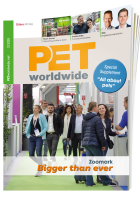



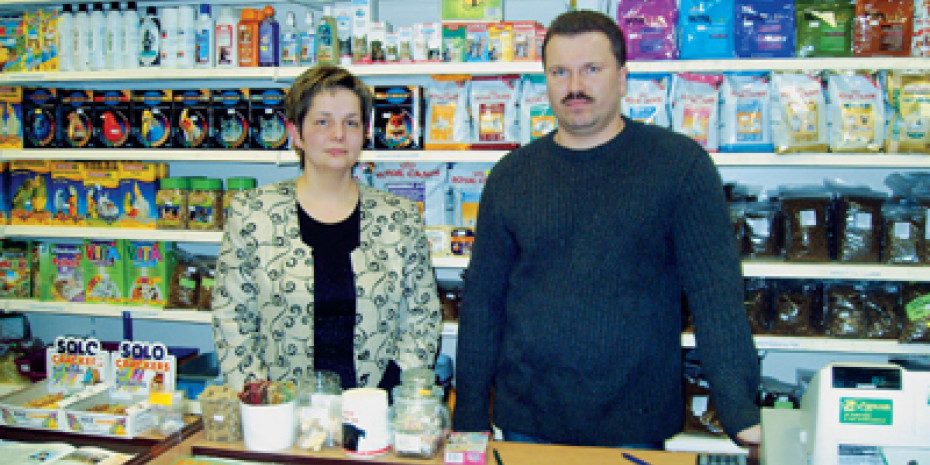

 4/2004
4/2004

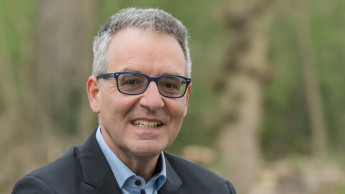

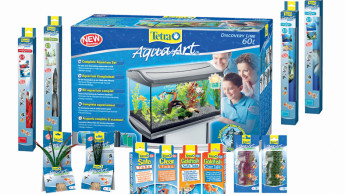

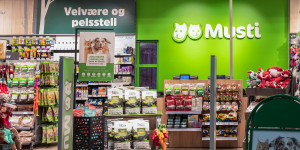
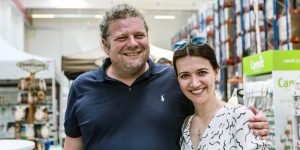
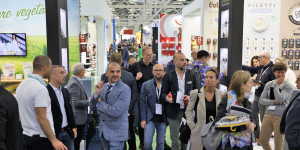

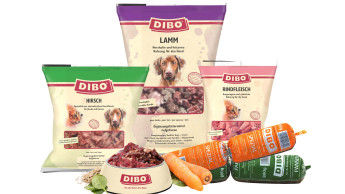
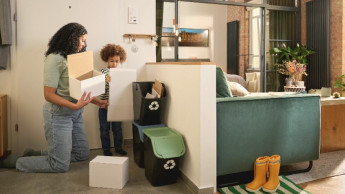
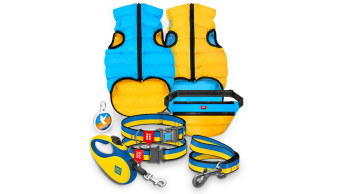
 Newsletter
Newsletter